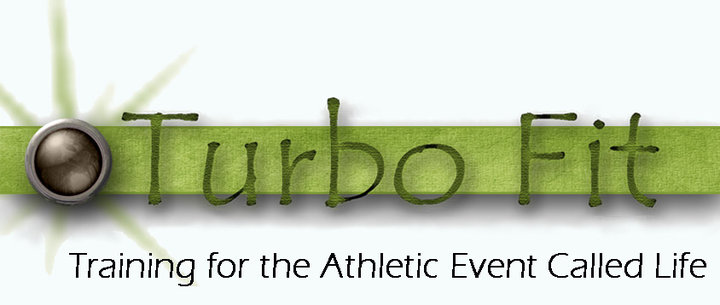When we think of weight training, most of us think of weight lifting (for definition difference click here). We think of big oily, over-tanned men with disgustingly big muscles in Speedos right? Wrong. Weight training involves a weights program that builds strength, not disgustingly big muscle we see on bodybuilders. So if we’re not planning on entering a weight lifting competition, why weight train?
A very smart professor at BYU once told me, most Americans by the age of 76 cannot push themselves out of an armchair because they lack the strength. I don’t know about you, but I’d like to be heaving my grandchildren around and swimming races at 76 years old, not sitting in my armchair because I physically can’t get out of it. Besides that fact (which some of you may not even care about) weight training helps us to build and strengthen our muscle mass which aids in weight loss (which I’m sure many more of you care about).
One pound of muscle requires three times more energy at rest than the energy required to maintain one pound of fat. So what does that mean? Your muscles are burning three times the calories than your fat does! Let’s say you put on three pounds of pure muscle. This increase in muscle burns an extra 40 calories per day at rest (imagine how much you would burn if you were to actually use this muscle mass). That’s an extra 280 calories per week, 1,200 calories per month, and 14,600 calories per year. Just packing on three extra pounds of muscle can burn about 4 pounds of fat per year. At rest! So does weight training burn fat? Ultimately the answer is yes. By increasing muscle mass you give your body more ability to burn more calories at rest which results in weight loss.
Another benefit of weight training is that it strengthens your bones. Weight bearing exercises, such as weight training and running, strengthen your bones. When participating in a weight bearing activity your bones bend which creates a stimulus for new bone formation. In technical terms, the stimulus causes the osteoblasts to lay down new collagen fibers on your bones which harden and form new bone growth. This is extremely important because osteoporosis is becoming more and more common, especially among women. Studies have been done concerning this new bone growth where scientists have discovered that your bones strengthen and become harder as you age (which is why it is said that children’s bones are “softer” than an adult’s). By the age of 25, this natural hardening of the bones begins to drop off. Without weight bearing exercise, bones become more brittle and this is where osteoporosis and broken hips come in. With weight bearing exercise, bones stay hard and there is a much lower risk of osteoporosis and they typical “old age breaks” that occur. You have to keep up the weight bearing exercise if you want to continue to have these benefits. As soon as the weight bearing exercise stops, your bones start to become brittle.
If you have performed weight bearing exercise before the age of 25 (or roughly about the time this natural hardening of the bones stops) you can increase the strength and hardness of your bones beyond what your body does naturally. The amazing thing about weight bearing exercise before your mid-twenties is that if you were to stop doing the exercise, your bones would remain as strong as they were while you were doing the exercise. Really, you could build up your bone strength while you’re body is still naturally hardening your bones so that by the time your body stops doing it on its own, your risk is even lower than someone who is past their mid-twenties and is participating in weight bearing exercise. A person who has built up this strength and hardness can enjoy the benefits of strong healthy bones much longer than one who has not. Eventually, if this person does not keep up the weight bearing activity, their bones will become brittle as well, however, not nearly as soon as one who has not participated in weight bearing activity at all.
I know that this is somewhat of a complicated concept so please leave questions in a comment if you need more clarification. This is an amazing thing our body does and when you really understand how it works if’s fascinating and it will really help you to devise exercise programs that can strengthen your bones and keep you healthy.
Weight training is an extremely important part of your exercise routine that can help keep you strong and healthy all your life. If weight loss is your ultimate goal, remember that muscle burns more calories than fat and is important in your weight loss program. Happy lifting!

No comments:
Post a Comment